Roof Maintenance for Longevity
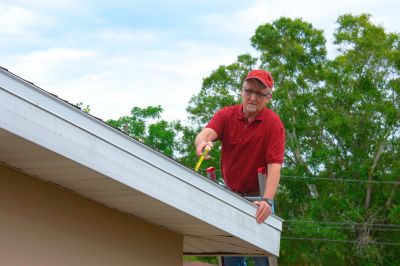
Spring is ideal for inspecting roofs after winter to identify damage caused by snow and ice.
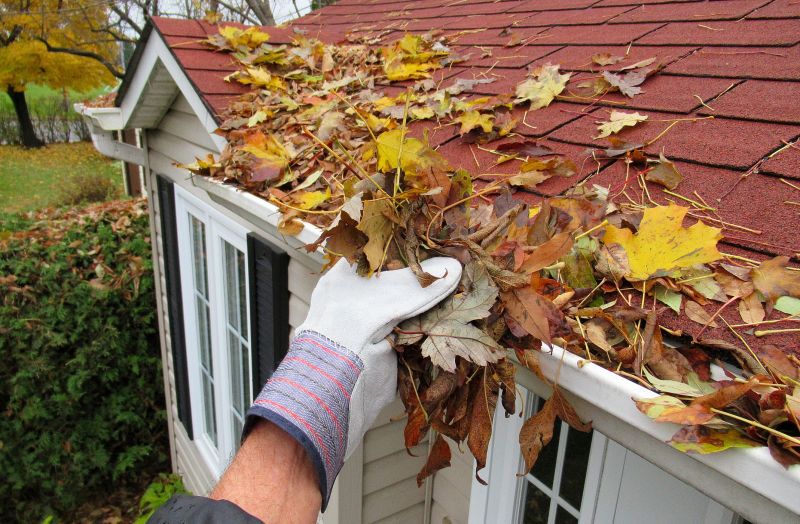
Summer offers warm weather for thorough repairs and cleaning before the fall.
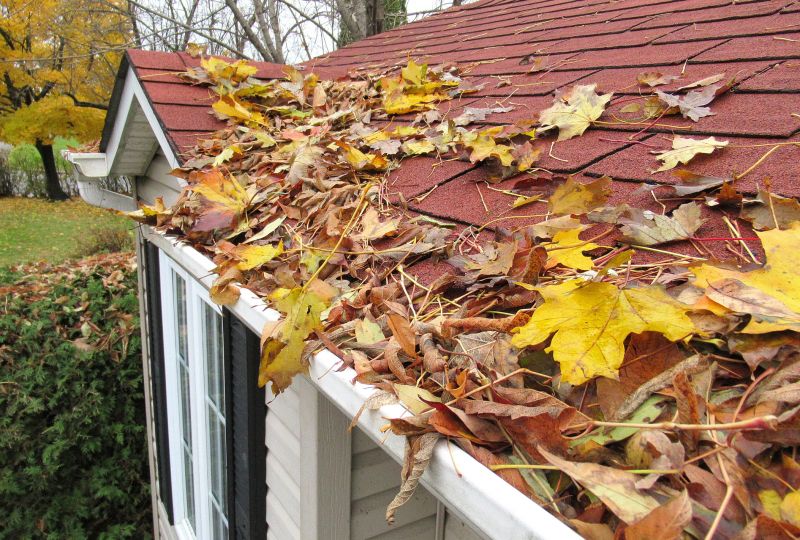
Fall is suitable for preparing roofs for winter by addressing minor issues beforehand.

Ways to make Roof Maintenances work in tight or awkward layouts.
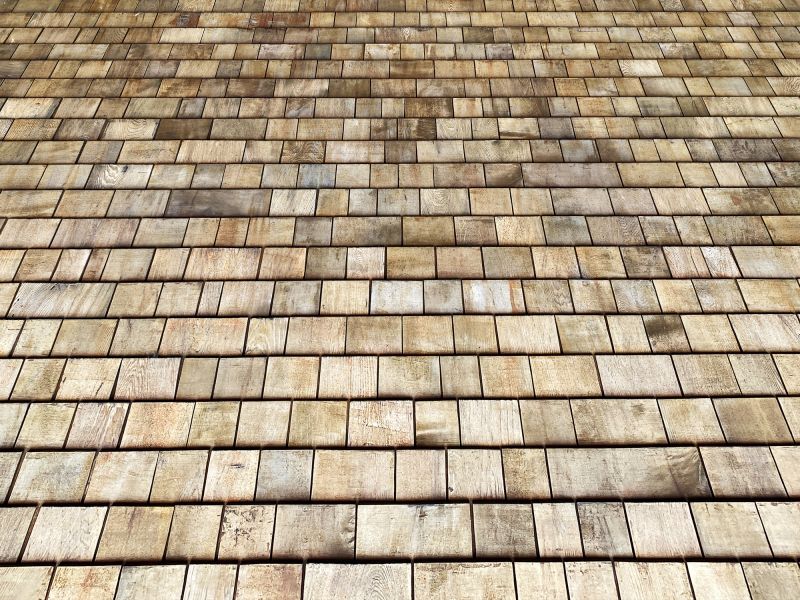
Popular materials for Roof Maintenances and why they hold up over time.

Simple add-ons that improve Roof Maintenances without blowing the budget.
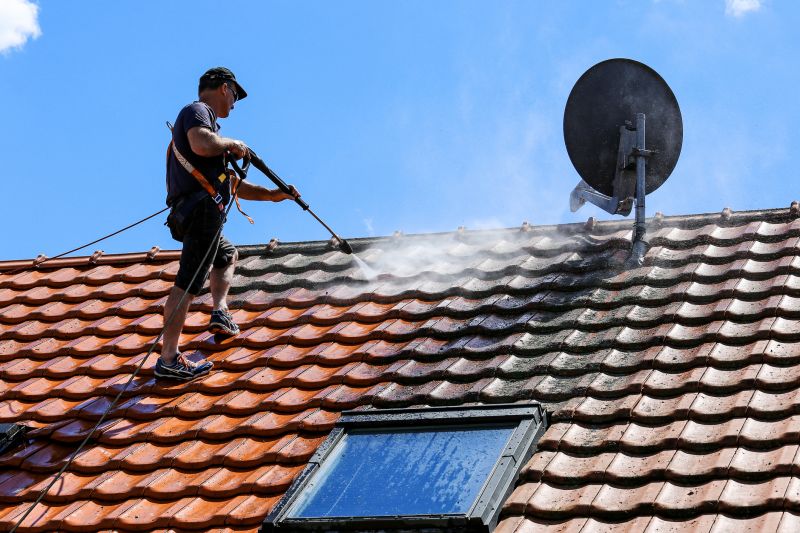
High-end options that actually feel worth it for Roof Maintenances.
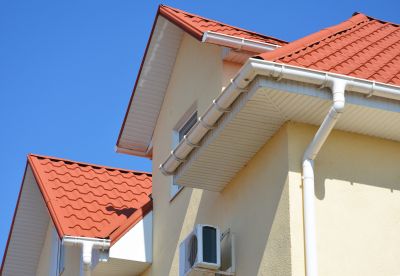
Finishes and colors that play nicely with Roof Maintenances.
Roof maintenance is essential for prolonging the lifespan of a roof and preventing costly repairs. Regular inspections and upkeep can identify issues early, such as leaks, damaged shingles, or clogged gutters. According to industry statistics, neglecting roof maintenance can reduce a roof’s lifespan by up to 30%, leading to increased repair costs and potential property damage. Proper timing for maintenance ensures that problems are addressed before they escalate, especially before seasons with harsh weather conditions.
Performing roof maintenance during specific seasons helps prevent weather-related damage and extends roof durability.
Visible issues such as missing shingles, water stains, or granule loss indicate the need for inspection and repairs.
Routine inspections can detect minor issues early, saving money and avoiding extensive repairs.
Extreme weather events can accelerate roof deterioration, making timely maintenance crucial.
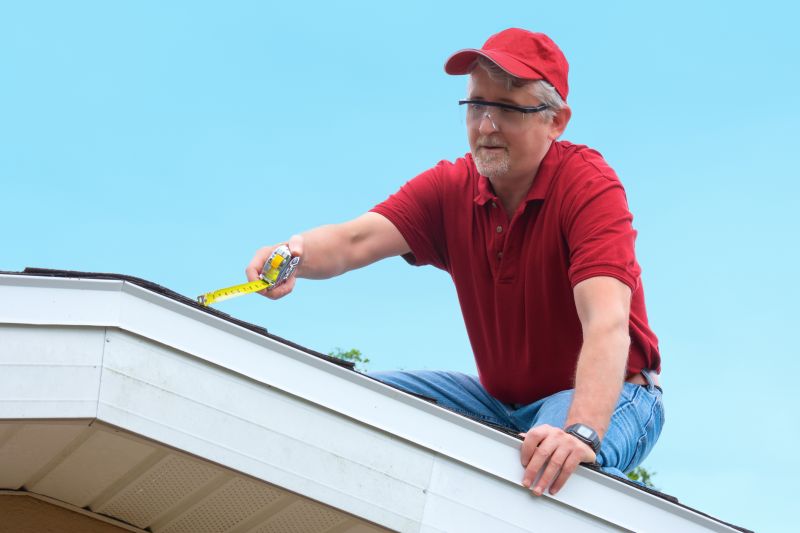
Tools used for thorough roof inspections include drones, binoculars, and moisture meters.
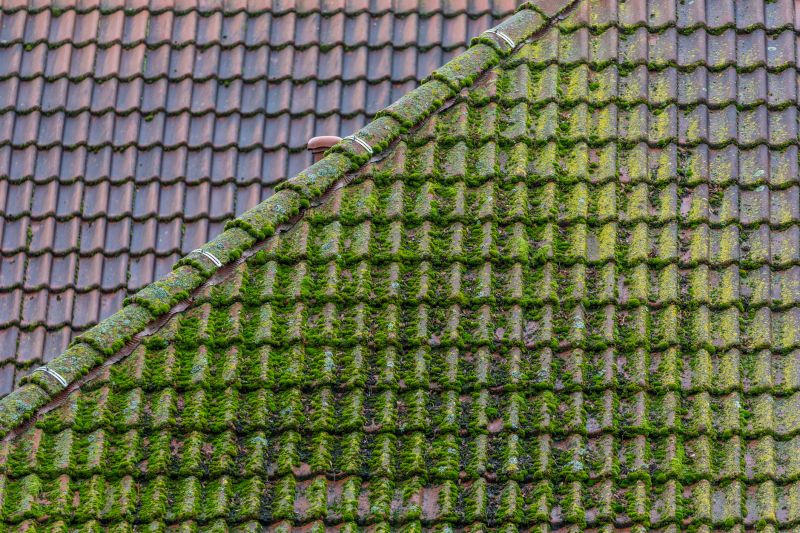
Regular cleaning removes debris, moss, and algae that can damage roofing materials.
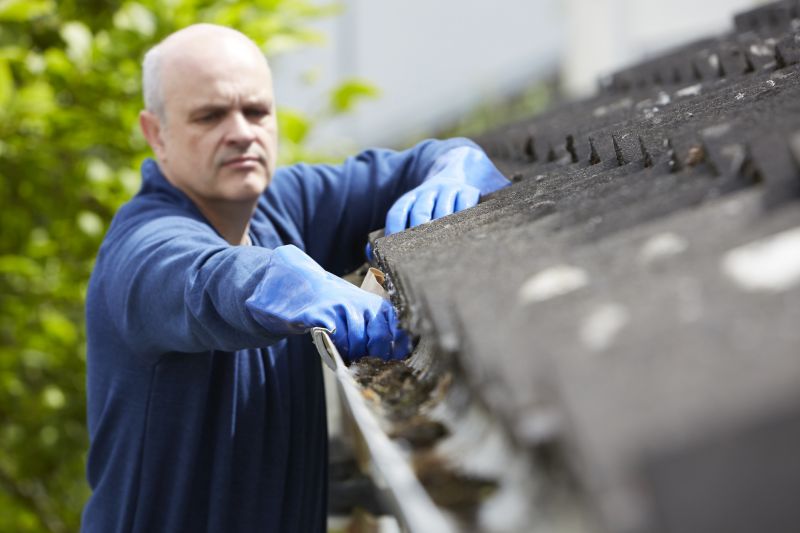
Cleaning gutters ensures proper drainage and prevents water damage to the roof.
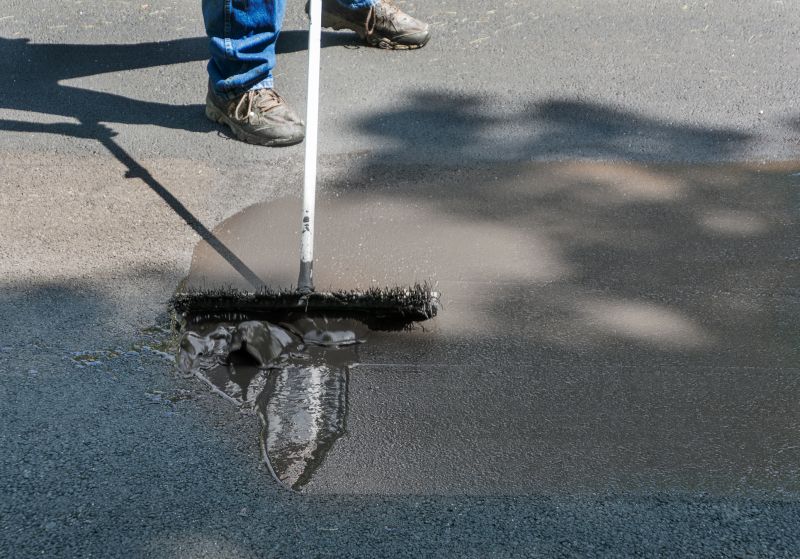
Applying sealants can prevent leaks and extend the life of roofing materials.
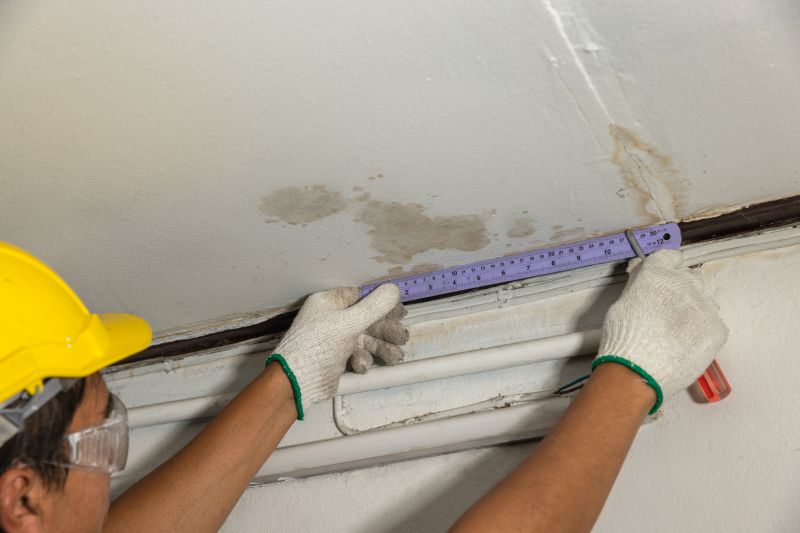
Little measurements that prevent headaches on Roof Maintenances day.
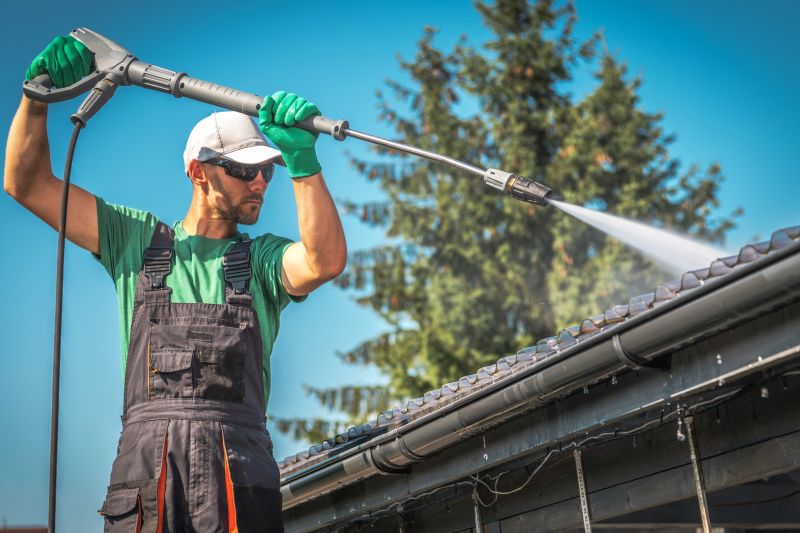
A 60-second routine that keeps Roof Maintenances looking new.
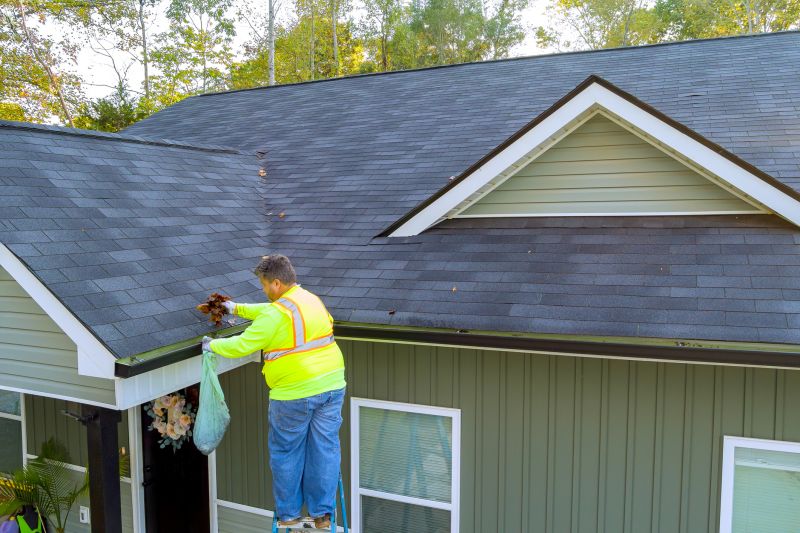
A frequent mistake in Roof Maintenances and how to dodge it.
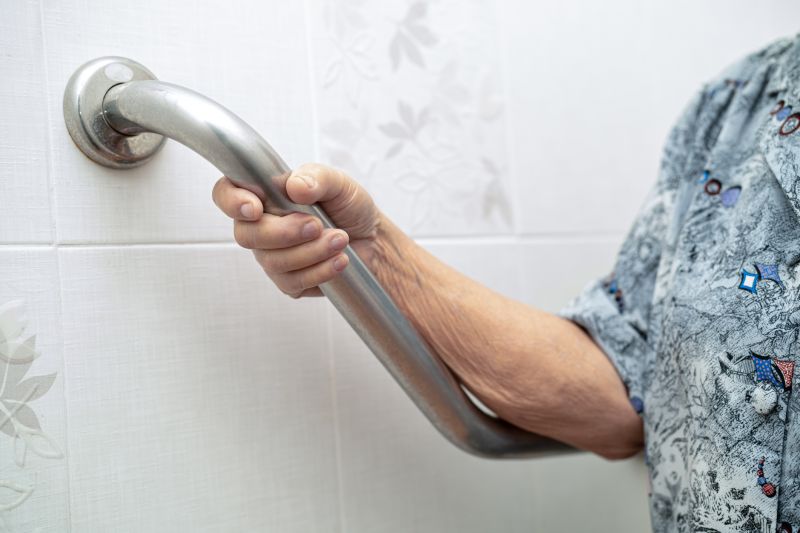
Small tweaks to make Roof Maintenances safer and easier to use.
| Season | Recommended Maintenance Activities |
|---|---|
| Spring | Inspect for winter damage, clean gutters, check for leaks. |
| Summer | Perform repairs, clean roof surface, check flashing. |
| Fall | Inspect for damage, prepare for winter, clean debris. |
| Winter | Limited maintenance; focus on snow removal and ice dam prevention. |
| Post-storm | Inspect for storm damage, repair leaks, remove debris. |
Timely roof maintenance ensures the integrity of roofing materials and helps avoid unexpected failures. Regular inspections, especially after severe weather events, can identify issues early. Proper maintenance practices include cleaning gutters, removing debris, inspecting flashing, and checking for signs of wear. Engaging in maintenance during optimal seasons maximizes effectiveness and minimizes disruption.
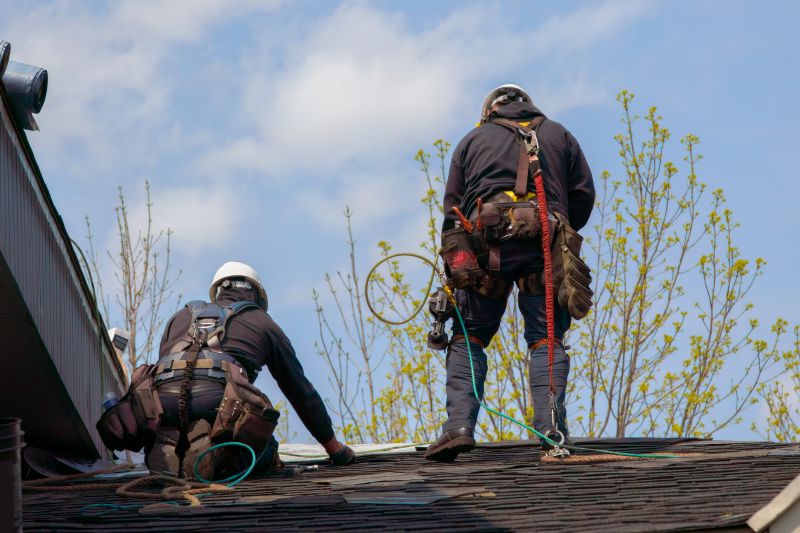
Ladders, brushes, and safety harnesses are essential for safe and effective roof maintenance.
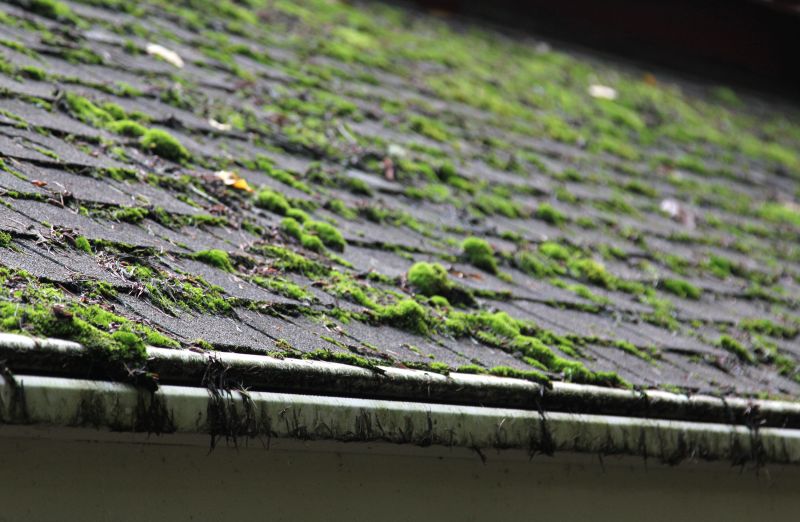
Cleaning moss and algae prevents damage and maintains roof appearance.
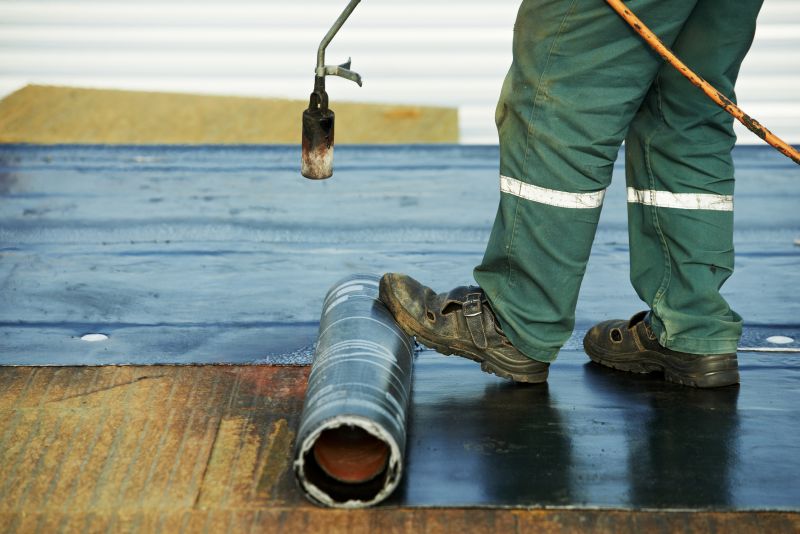
Properly sealed flashing prevents water intrusion and prolongs roof life.
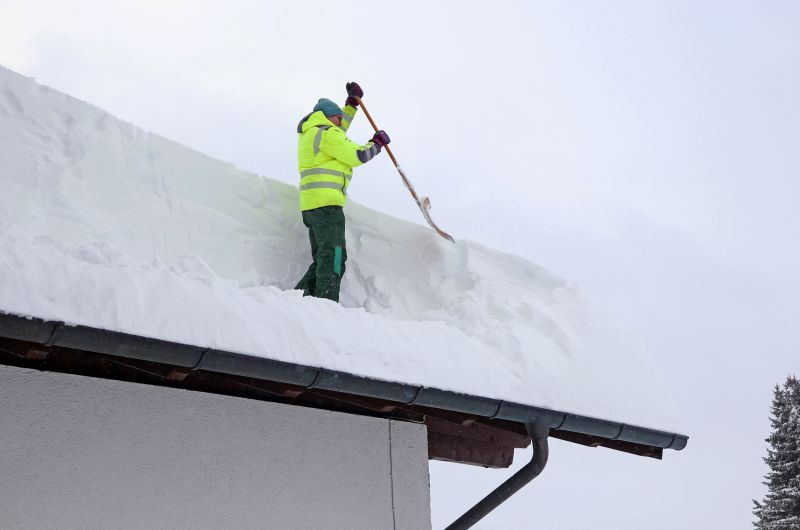
Removing snow and ice prevents ice dams and structural stress.
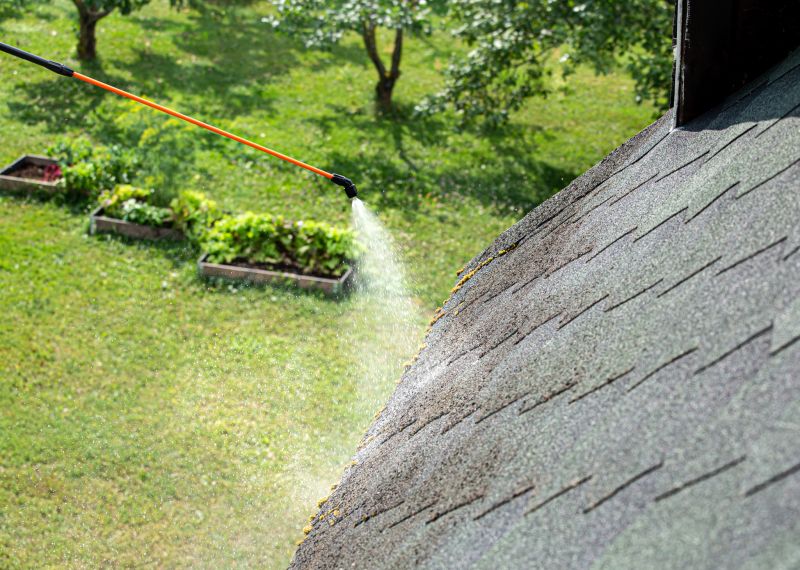
Lower-waste or water-saving choices for Roof Maintenances.
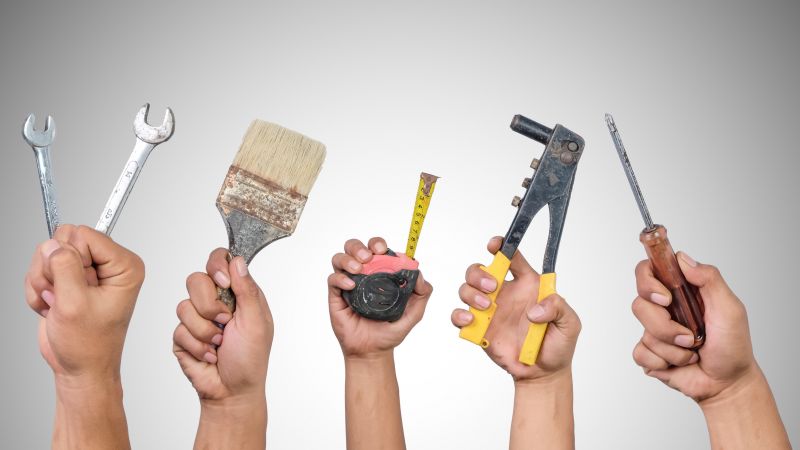
The short, realistic tool list for quality Roof Maintenances.
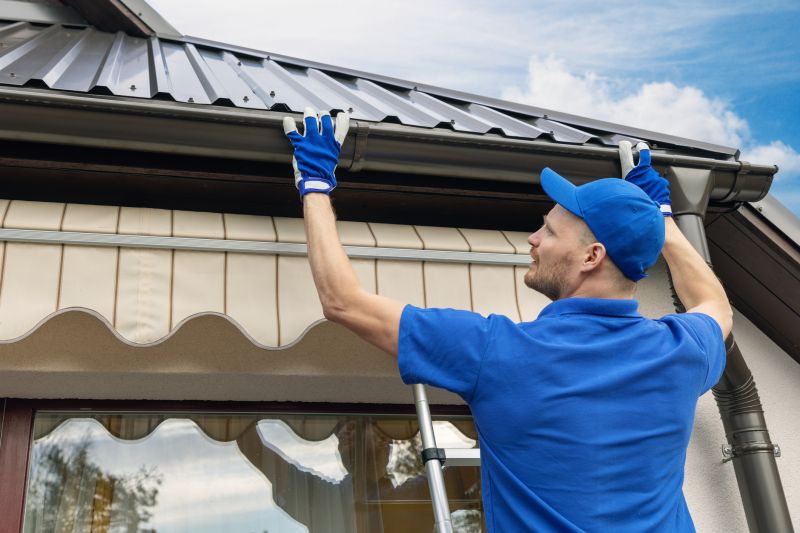
Rough timing from prep to clean-up for Roof Maintenances.
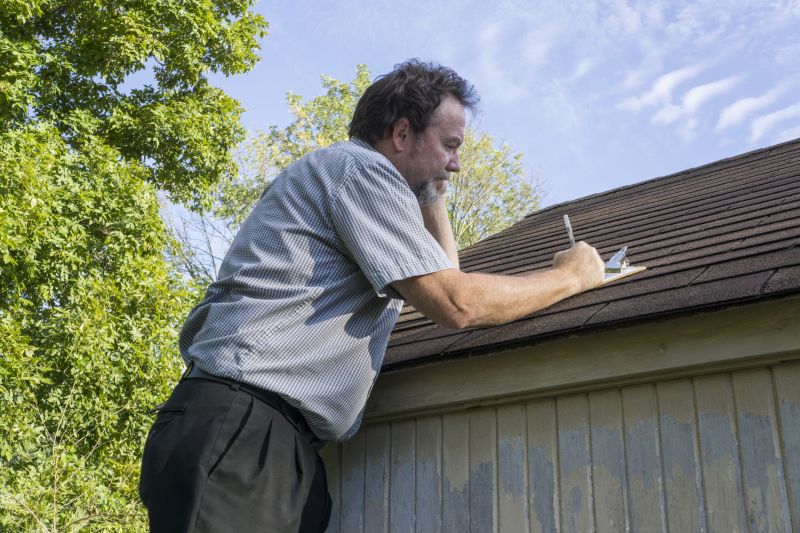
Quick checks and paperwork to keep after Roof Maintenances.
Effective roof maintenance is a proactive approach to preserving property value and avoiding costly repairs. Regular checks and timely interventions can extend the lifespan of roofing systems significantly. It is recommended to schedule professional inspections at least once a year and after major weather events to ensure roof integrity.
Interested in scheduling roof maintenance? Filling out the contact form can connect property owners with qualified professionals for assessments and service planning.
